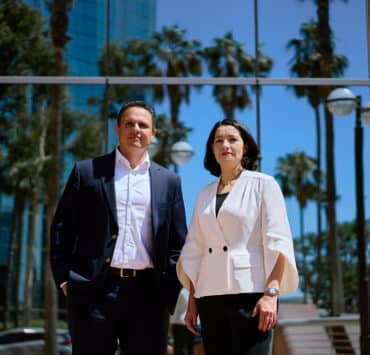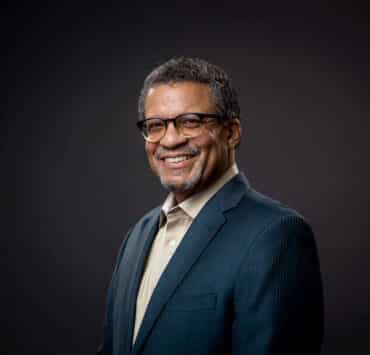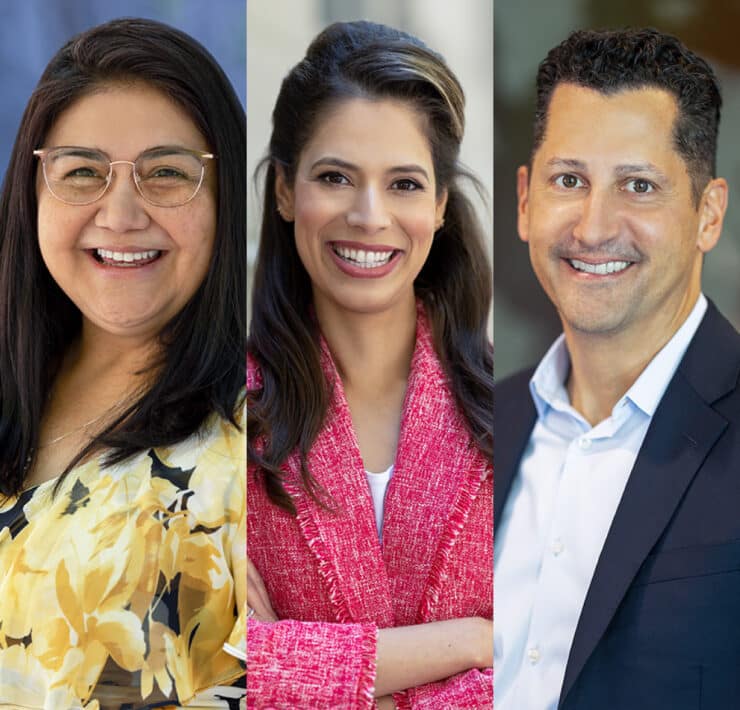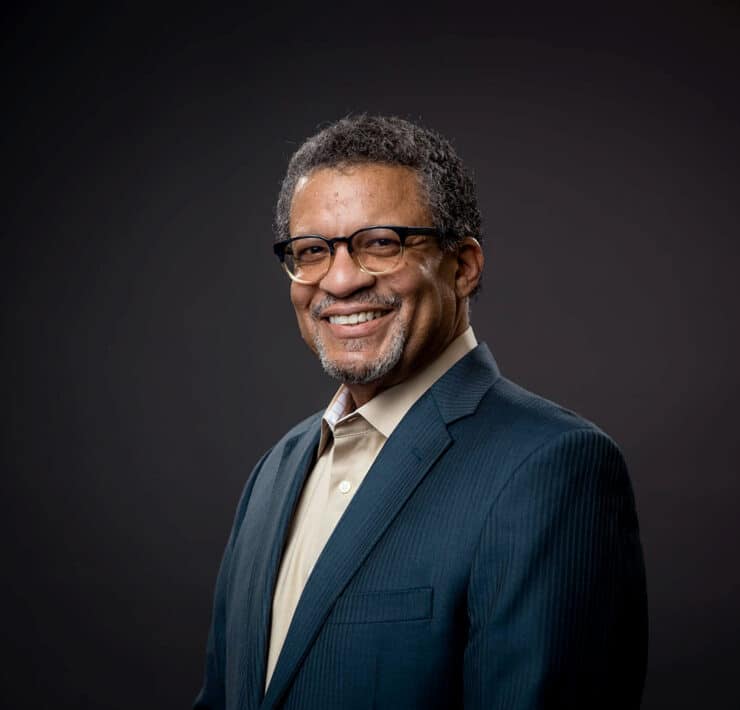
|
Getting your Trinity Audio player ready...
|
For Texas residents in the Rio Grande Valley, the Valley Initiative for Development and Advancement (VIDA) can be the gateway to a better life. VIDA’s mission of helping low-income, unemployed, and underemployed residents of its community receive the education, training, and resources they need to secure high-skilled, high-wage jobs has been lauded by the likes of the New York Times and recently secured a prestigious and incredibly competitive US Department of Labor federal grant to educate and train future nurses.
Founded in 1995, the organization continues to build new relationships with businesses, employers, community organizations, educational institutions, and philanthropic organizations that prioritize education, workforce development, and the belief that a well-trained workforce makes its community, its tax base, and its culture a better world in which to live.
Two of VIDA’s leaders reflect the paired power of new energy and ideas with deep institutional knowledge and know-how. CEO and President Felida Villarreal is the newer addition to VIDA’s leadership team, but her deep financial background and acumen led to her promotions from director of finance to deputy executive director to her current position in just two years.

“This role has provided me not only the opportunity to promote workforce development across our region, but also expand access to high quality and high demand career training programs for those underserved demographics that face numerous barriers to education success,” Villarreal says. “Every year, we serve hundreds of students from the four southernmost counties in Texas, bordering the Republic of Mexico, and I can see the impact we have in our Latino communities in real time.”
Villarreal’s spirit and sense of mission are emboldened by Irma Garcia, chief program officer and VIDA veteran of twenty-seven years. Garcia came to the organization straight out of college as a counselor and has continued to serve students for nearly thirty years.
“I see myself in every single person we serve,” Garcia says. “I stopped going to college, got married, had children, and realized that I needed to return to get my education. Living paycheck-to-paycheck became very stressful. Ten years after stopping, I went back. I know it was a sacrifice, but it was a sacrifice that was well worth it with all the good that came from getting an education.”
In 2022, VIDA served 534 students through its extensive training programs that include allied health, specialized trades, and science, technology, engineering, and mathematics careers. Program graduates more than doubled their average hourly wages and earned an average salary of $48,755 after graduation. Villarreal estimates that one-third of the residents of the Rio Grande Valley live in poverty, and therefore every single individual they serve has the chance to lift both themselves and their families into a more financially secure position.
“This role has provided me not only the opportunity to promote workforce development across our region, but also expand access to high quality and high demand career training programs.”
Felida Villarreal
Fifty-six percent of VIDA participants report one or more children in their homes, and 97 percent of its total makeup is Hispanic. English is often not the primary spoken language, so VIDA provides English education as part of a whole host of additional support functions—including financial and educational counseling—that help prepare a workforce for the US job market.
One particular success story stands out for Garcia, who has seen so much during her tenure. Working through an individual’s application and learning her story, she realized the VIDA participant had lost her home in a fire and was living out of her car.
“She didn’t have anything,” Garcia remembers. “We got her enrolled in the nursing program at South Texas College; she got through the program and graduated with her associate degree in nursing. We did a follow-up on her a few years ago and found that she is now a business owner operating several home health agencies. Those are the stories you live for.”
Villarreal sees a different face when she thinks of the people she serves. As a single mother, she understands the difficulties that come along with working while trying to be fully present.“I see so many single parents pursuing their education to obtain a degree or credential while working full time for a better future,” she reflects. “Their struggles along with their limited access to support services and financial resources are what motivate me every day.”
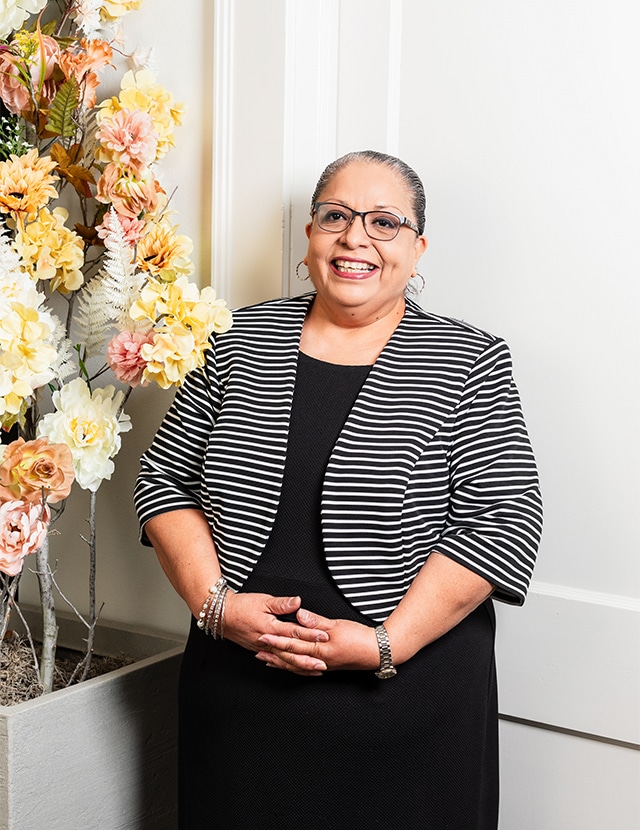
VIDA’s novel and successful approach to enabling the Rio Grande Valley’s workforce should be top of mind for any organization interested in making their community a better place. VIDA’s 94 percent persistence stats show that its participants are dedicated to making their dreams a reality and aren’t afraid of the hard work required to do so.
They just need the chance to thrive.
“We’re investing in human capital at VIDA,” Garcia explains. “Maybe employers are interested in partnering with us because they understand that we can fill their roles. There is so much to be gained in those kinds of partnerships.”
The Department of Labor agrees. As the only Texas-based organization (and only one of twenty-five across the nation) to receive the $3 million nursing expansion grant, VIDA’s success stories have gotten nationwide attention. With healthcare role vacancies a major issue across the entire US, the department is helping VIDA expand its push to get more nurses and frontline workers in the field.
“With our proposal, we’re targeting to train and upskill 725 participants in high demand nursing occupations and ultimately secure employment at one of our 13 partner hospitals ,” Villarreal explains. “The nursing career track has infinite potential for continuous professional growth and advancement, and we want to help people obtain that first role which can foster economic mobility in their lives and of our communities.”
Through Garcia’s example and belief in the benefits of an education, she has been able to watch her own children blossom and grow into careers. Villarreal’s daughter just completed kindergarten, and she, too, will one day be entering the job market. Both executives want the same opportunities for the people they serve. The chance to learn, to grow, and to contribute to their communities.
It’s the American Dream, and everyone deserves a chance.
